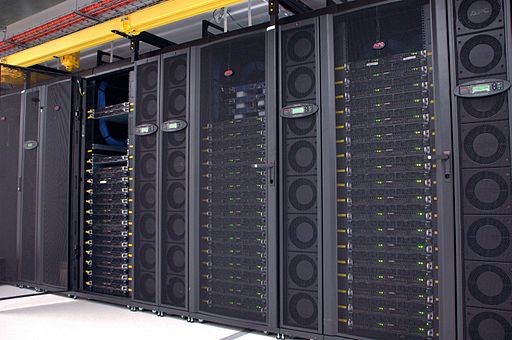The Chan Zuckerberg Initiative (CZI) has announced its plan to fund the construction of a huge computing system for medical research. The company expresses its hope in the capability of this system to lead groundbreaking discoveries for the treatment, prevention, or management of diseases.

High-Performance GPU Cluster
Mark Zuckerberg and Priscilla Chan's foundation plans to develop a high-performance computing cluster of more than 1,000 graphics processing units (GPUs), enabling AI and large language models for biomedicine at scale. These are not just graphics cards since they are top-of-the-line H100 GPUs that AI-focused servers seek.
This project aims to provide researchers access to generative AI for studying healthy and diseased cells. With predictive models of human cells, experts can better understand the body's response to diseases or new medicines.
AI models can be an effective tool in predicting biological mechanisms, such as the response of immune cells to an infection or the conditions of a child at the cellular level after being born with a rare disease. However, these tools are sometimes too expensive to be accessed by many scientists. CZI aims to address this problem by offering a new GPU cluster that can power openly available models of human cells.
In developing the new AI models, the computing system will undergo training on existing datasets, including the data from a Chan Zuckerberg CELL by GENE (CZ CELLxGENE) software tool composed of the largest corpus of standardized single-cell datasets with more than 50 million cells. Other data sources, such as those generated by the protein location and interaction atlas OpenCell and the cell atlas Tabula Sapiens, will also be used. Large imaging datasets from the Chan Zuckerberg Institute for Advanced Biological Imaging will also be included in the data sources.
Once completed, the CZI-funded system is expected to be one of the biggest AI clusters that can be used for nonprofit research. However, it still will not be as big as similar computing systems used in developing products in the private sector.
The GPUs will be purchased by CZI's Biohub Network, bringing together various technology and science institutions to pursue grand scientific challenges on a 10- to 15-year time horizon.
Role of AI in Understanding the Work of Cells
As the smallest unit of life, cells play an important role in understanding disease, yet scientists still have so much to know about them. Despite our technological advances, experts have limited understanding of how cells, tissues, and organs become diseased and what can be done to make them healthy.
Artificial intelligence can help answer these questions by providing a way of representing every cell state and cell type. With a "virtual cell," AI can simulate the appearance and known characteristics of any cell type in the human body.
Meanwhile, a simulator can be used by scientists to predict the response of the cells to specific conditions and stimuli. This way, patient diagnosis and treatment decisions can become faster, safer, and more efficient.
RELATED ARTICLE : Brand-New Quantum Computing System Developed For More Effective 'Erasure Error' Corrections
Check out more news and information on GPU in Science Times.












